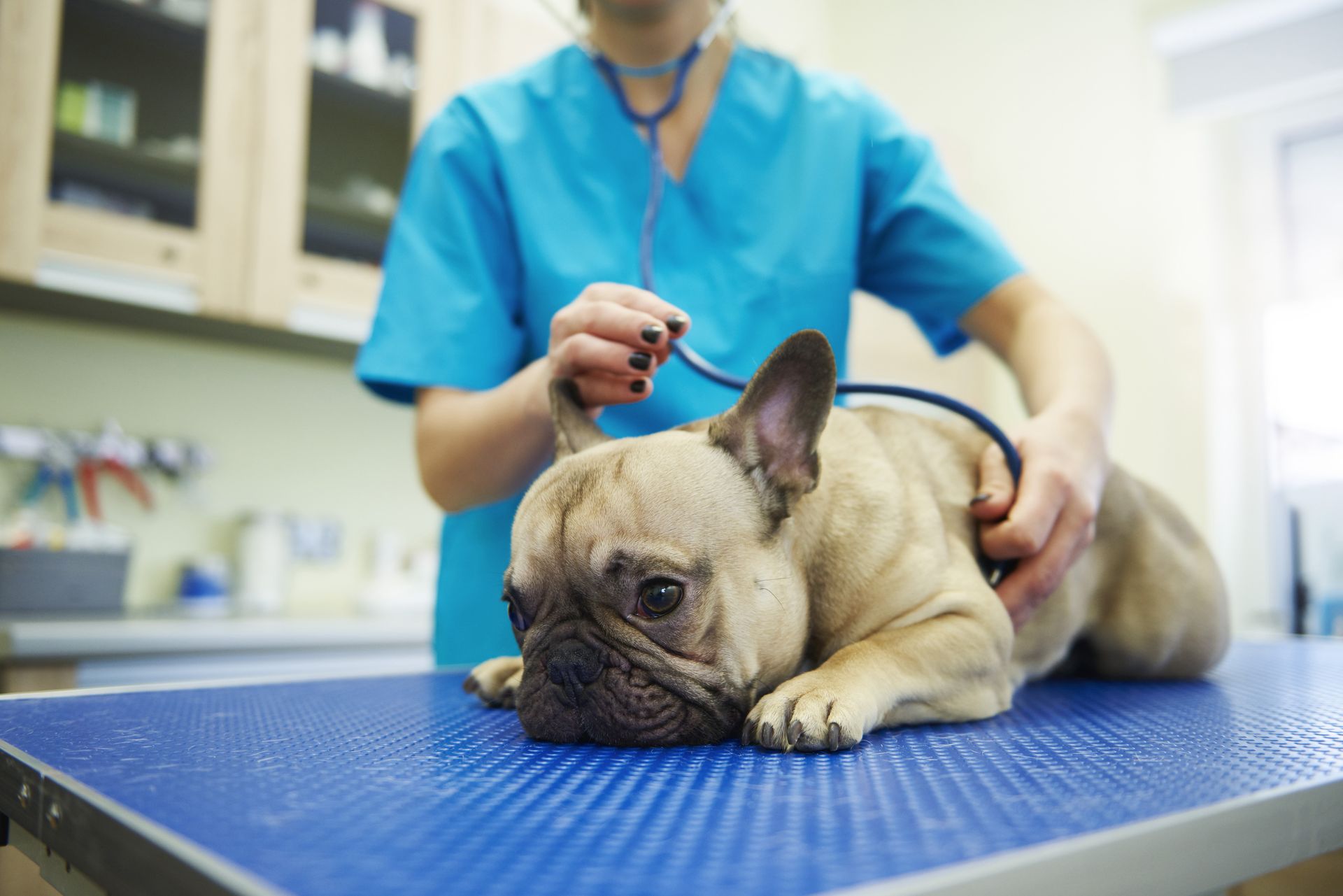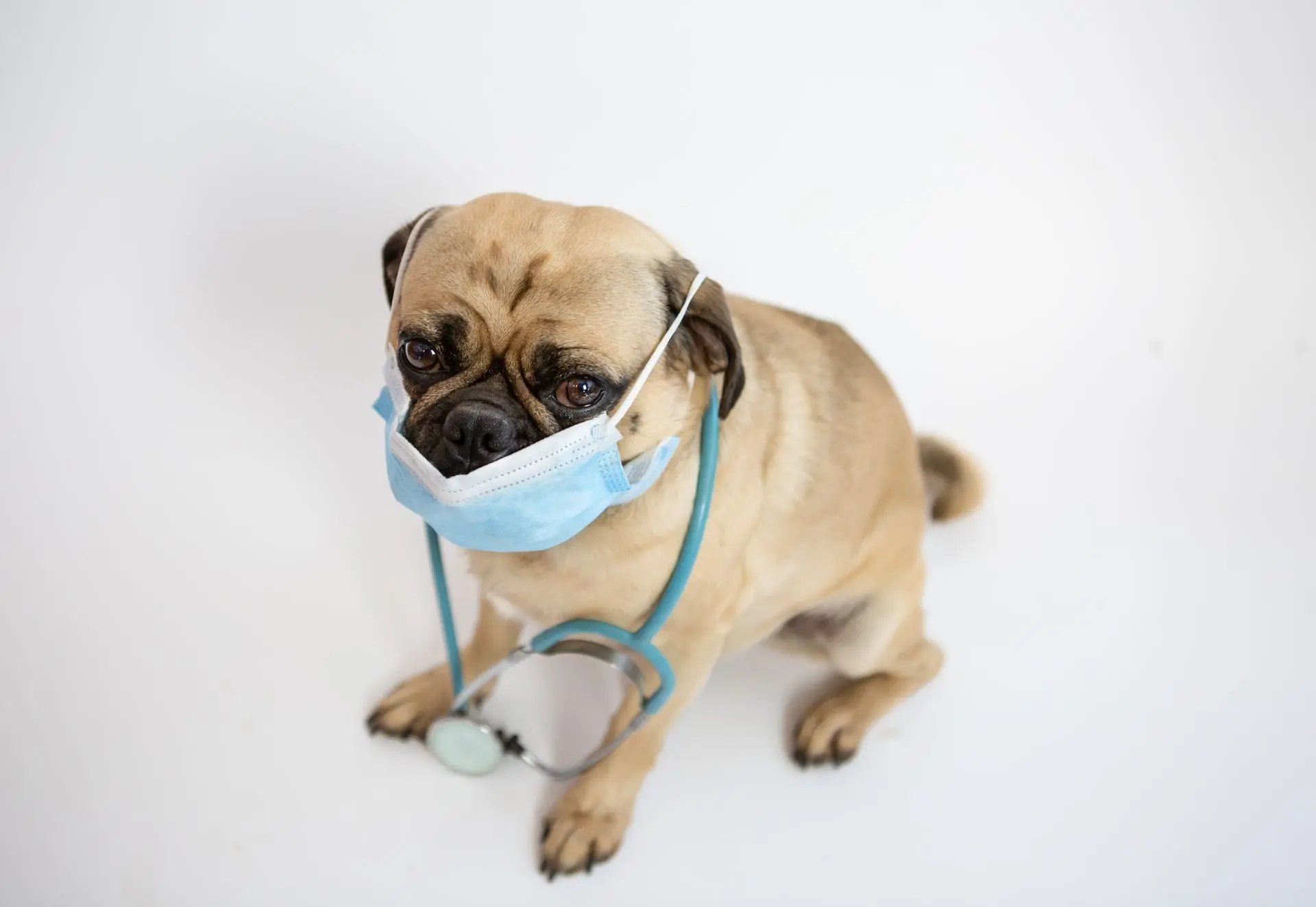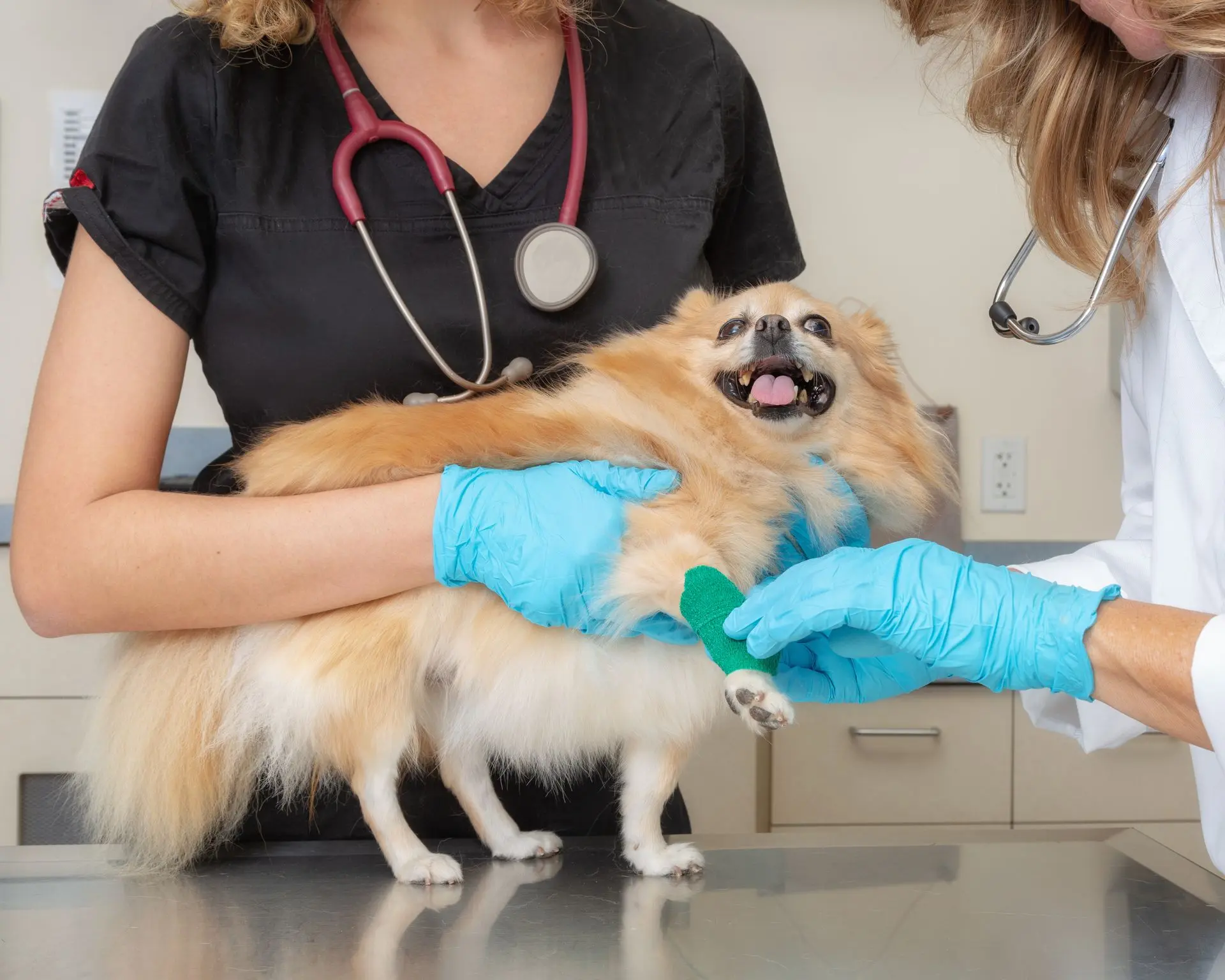Kennel cough—also known as canine infectious tracheobronchitis—is a common respiratory infection in dogs that causes a persistent, dry cough. It spreads easily in places where dogs gather, such as kennels, dog parks, and grooming salons. Understanding kennel cough symptoms, treatment options, and prevention methods is essential for every dog owner.

What Are the Symptoms of Kennel Cough ?
- Persistent dry, honking cough
- Gagging or retching
- Sneezing and nasal discharge
- Mild fever
- Lethargy (low energy)
- Loss of appetite in some cases
Symptoms usually last about 1 to 3 weeks, but the cough may persist longer in some dogs.

Causes of Kennel Cough
Kennel cough is caused by a combination of viruses and bacteria. The most common bacterial agent is Bordetella bronchiseptica, often accompanied by viruses like canine parainfluenza and canine adenovirus.
How Is Kennel Cough Treated ?
- Veterinary care: A vet may prescribe antibiotics if bacteria are involved.
- Cough suppressants: Help reduce coughing and soothe the throat.
- Rest: Limit exercise and stress during recovery.
- Hydration: Keep your dog well-hydrated to help recovery.
- Humidifier: Using a humidifier or steam can ease breathing and throat irritation.
How to Prevent Kennel Cough
- Vaccination: Vaccines are available for Bordetella and canine parainfluenza virus.
- Avoid crowded places: Limit exposure to kennels and dog parks if outbreaks occur.
- Good hygiene: Clean your dog’s environment regularly.
- Isolate infected dogs: Keep coughing dogs away from others to prevent spread.
- Boost immunity: Provide a healthy diet and regular exercise to strengthen your dog’s immune system.
How Does Kennel Cough Spread ?
Kennel cough spreads primarily through airborne droplets when an infected dog coughs, sneezes, or barks. It can also spread via contaminated surfaces such as food bowls, collars, or bedding. Because of its high contagiousness, kennel cough outbreaks commonly occur in places where many dogs are in close contact, like dog boarding facilities, daycares, and training centers.
Diagnosing Kennel Cough
Veterinarians typically diagnose kennel cough based on symptoms and medical history. In some cases, diagnostic tests like throat swabs, chest X-rays, or PCR tests may be used to confirm the infection or rule out other conditions such as pneumonia or heart disease.

When to See a Veterinarian
Seek veterinary attention if your dog’s cough:
- Lasts more than 2 weeks
- Is accompanied by difficulty breathing, high fever, or lethargy
- Produces yellow or green nasal discharge
- Occurs in a puppy, senior dog, or a dog with a weakened immune system
Early intervention can prevent complications and speed recovery.
Home Care Tips for Dogs with Kennel Cough
- Provide a warm, comfortable resting area
- Avoid exposure to smoke and strong odors
- Use a humidifier or steam to soothe irritated airways
- Encourage light meals and plenty of fresh water
- Keep your dog calm and limit strenuous activity
Long-Term Management and Immunity
Dogs that recover from kennel cough often develop some immunity, but reinfections are possible due to the variety of viruses and bacteria involved. Vaccination remains the best preventive measure to protect your dog, especially if they frequently socialize with other dogs.
Frequently Asked Questions (FAQs)
Kennel cough is mainly contagious among dogs and rarely affects humans.
Typically, 1 to 3 weeks, but some dogs may cough for longer.
It’s usually mild but can be serious in puppies, older dogs, or dogs with weakened immune systems.